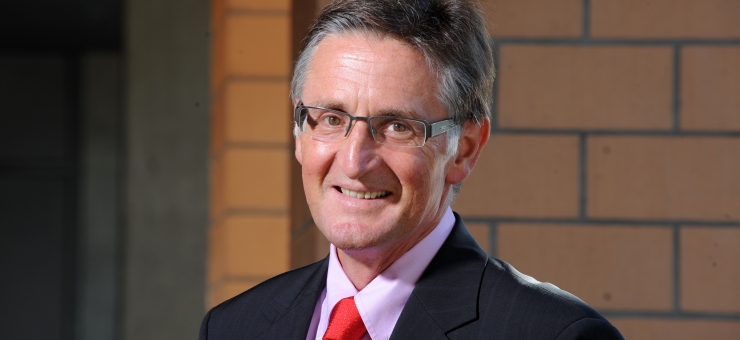Norwegian Pension Fund Global: time to strengthen human rights pillar

Political momentum is growing in Norway for its $880bn Pension Fund Global to build a stronger human rights pillar in its Responsible Investment policy.
UNI Global Union General Secretary Philip Jennings addressed a cross party forum at the Norwegian Parliament to push for the human rights dimension to be more strongly included in the Fund’s responsible investment policy.
The Norwegian Pension Fund Global has investments worth $880bn and shareholdings in 9000 companies estimated to amount to 1.3% of the value of the world’s stock markets.
The Fund has a council of ethics and a responsible investment policy where the focus in the last decade has been on children's rights and environmental issues. Jennings said the time had come to build a distinct and stronger overall human rights policy within the Fund’s investment work.
“The world has moved on and the agreement on the United Nations Guiding Principles on Business and Human Rights in 2011 was a 'game changer'. These principles should be reflected in the Fund’s work. With investments in 9000 companies it’s time for the Fund to start putting the question to those firms: ‘are they actively implementing the Guiding Principles to avoid and address adverse human rights impacts in their business operations?’
“We welcome the Fund when it says they 'expect' those companies to respect the OECD Guidelines but they should be saying 'they would expect companies to respect human rights and publish a human rights policy and undertake human rights due diligence in line with the UN Guiding Principles and OECD Guidelines'. It’s clear the Fund should expect companies to protect human rights in their companies. Although the Fund is a minority investor its investment policies are also bound by the OECD Guidelines for Multinational Enterprises and the UN Guiding Principles on Business and Human Rights.”
Jennings commented that the world recognises that worker rights are human rights and those rights are clearly defined in the ILO Declaration on Fundamental Principles and Rights at Work.
He said, “None of the 9000 companies should be in breach of worker rights. The right to organise, to negotiate, for workplaces to be free of discrimination should be respected by the 9000. The Fund should be asking if those companies have global framework agreements in place.
“We recognise the duty of the Fund to obtain a good rate of return on its investments but if a company is in breach of worker rights then this goes beyond the Fund’s threshold of 'moderate risk'. There is nothing moderate about breaches of human rights. It is the canary in the mine of likely problematic and irresponsible corporate conduct,” Jennings added.
The Fund already has an active engagement policy with the companies where they invest. In 2014 the Fund held over 2500 direct meetings with companies, submitted over 100,000 resolutions to company AGMs, conducted 1,533 risk assessments and raised environmental and social concerns on 633 occasions. They have already divested from over 100 companies including Walmart.
Jennings concluded, “The Fund should take the next step and include the issue of human rights in their active engagement policy. Major investors and pension funds around the world had embraced worker rights in their investment criteria and the Fund should move with the times.”
Torstein Tveldt Solberg, a Norwegian Labour MP and member of the Standing Committee on Finance and Economic Affairs, observed that cross party support was growing for the human rights initiative and the call for the publication of an 'expectations document' which would clarify the human rights policy of the Fund and its 'expectations' of the companies they invested in.
The Forum was well attended and addressed by the Institute for Human Rights and Business, the Norwegian Fund for Development and Environment, the Ethical Council of the Swedish Pension System and the Council on Ethics of the Norwegian Pension Fund Global.

